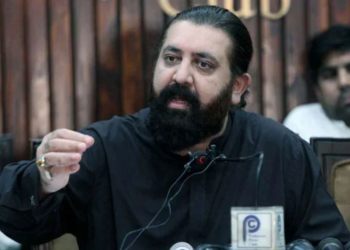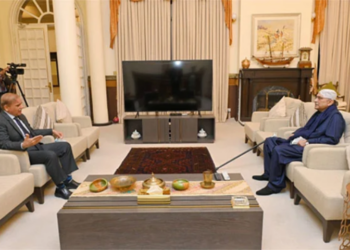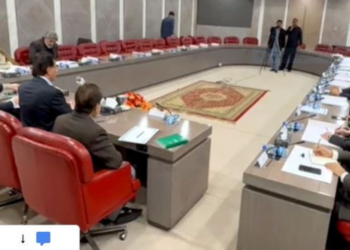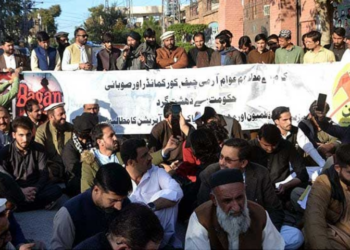Islamabad, November 20, 2024: The Supreme Court of Pakistan dismissed multiple petitions on Wednesday, including one challenging the parliamentary party status of the Sunni Ittehad Council (SIC) and another seeking judicial reforms related to public access and trial timelines.
A seven-member constitutional bench, led by Chief Justice Aminuddin Khan, upheld objections raised by the court’s registrar regarding the petition filed by Maulvi Iqbal Haider. Haider had sought a review of SIC’s parliamentary status, arguing that his plea was timely and legitimate.
During the hearing, Justice Jamal Khan Mandokhail questioned the petition’s constitutional basis, stating, “Why do you want us to perform an unconstitutional act? It is the candidates’ choice to join any political party.” Chief Justice Khan also warned against revisiting paths that had previously led to restrictions, ultimately leading to the petition’s dismissal.
In a separate matter, the constitutional bench dismissed a petition criticizing limited public access to the Supreme Court. The petitioner’s counsel argued that “90% of petitioners cannot reach the Supreme Court.” Justice Mandokhail, however, countered, “We are listening to you directly—what more access do you need?” He also criticized reliance on speculative rankings about the judiciary, remarking, “Where these numbers come from, we don’t know.”
The bench further rejected a plea seeking fixed timelines for the conclusion of trials in higher courts. Petitioner Hassan Raza argued that delays in trials often stretch for decades. Justice Ayesha Malik pointed out, “Many laws, including criminal laws, already prescribe timelines.” She advised the petitioner to approach Parliament for legislative changes.
Justice Malik emphasized that reforms are underway through the National Judicial Policy and the Law and Justice Commission, stating, “Sweeping statements and baseless allegations undermine progress.” Justice Jamal Khan Mandokhail reiterated the judiciary’s adherence to constitutional boundaries, while Justice Musarrat Hilali urged caution in judicial responses to prevent further public disillusionment.
The court concluded by affirming that systemic progress is ongoing and dismissed the petitions. These decisions underscore the judiciary’s commitment to constitutional principles and the need for legislative collaboration for meaningful reforms.









